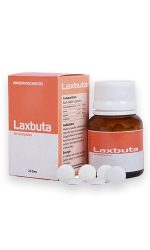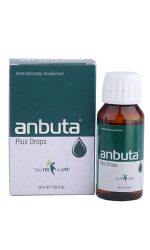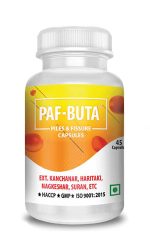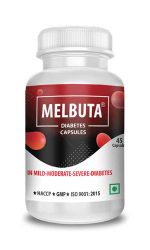The need for an active immune system is self-evident in an athlete who continuously produce peak performances. Often intense exertion and treatment for inflammation lead to partially reduced immune capacity and consequently potential infection or disease. To circumvent such problems, it is of prime importance to understand how to achieve the optimum balance of the immune system for an athlete.
Sports immunology is now becoming a significant sub discipline of sports science. Research has generated a plethora of interesting results on the effects of exercise on the immune system. The parameters that may modulate immune responses during exercise include nutritional status, changes in circulating levels of cytokines, the expression of adhesion molecules, and the generation of reactive species. Many of these factors are closely interlinked. Immune responses are also affected by factors such as age, sex, biological rhythms, and lifestyle.
There are many reports of increase /reduction in immune related cell numbers, and, although these may reflect alterations in cytokine and other levels, it is important to relate these to functional tests of activity. This is true not just in the case of sports immunology.
Marathon and ultramarathon running-results in an associated reduction in aspects of immune competence and such athletes may be at increased risk of illness and need to pay particular attention to their nutritional state, hygiene, and exposure to infections.
There are a number of reported beneficial clinical applications of exercise to immunology in aging, cerebrovascular disease, management of acute viral infection, cancer, and chronic fatigue syndrome Various studies over last many years report an increase in upper respiratory infection (URI) symptoms in athletes during periods of heavy training and competition. Challenges athletes face such as heavy exercise and life stress influence immune function via activation of the hypothalamic-pituitary-adrenal axis and the sympathetic nervous system and the resulting immunoregulatory hormones. Both innate and acquired immunity are often reported to decrease transiently in the hours after heavy exertion. Prolonged heavy training sessions in particular have been shown to decrease immune function, providing an ‘open window’ for opportunistic infections.
ANBUTA PLUS Immunomodulator drops can help people with sedentary life style but also athletes doing strenuous exercises.
Subodh A Pradhan
Author has been advocating
Importance of Immunity, for a decade





